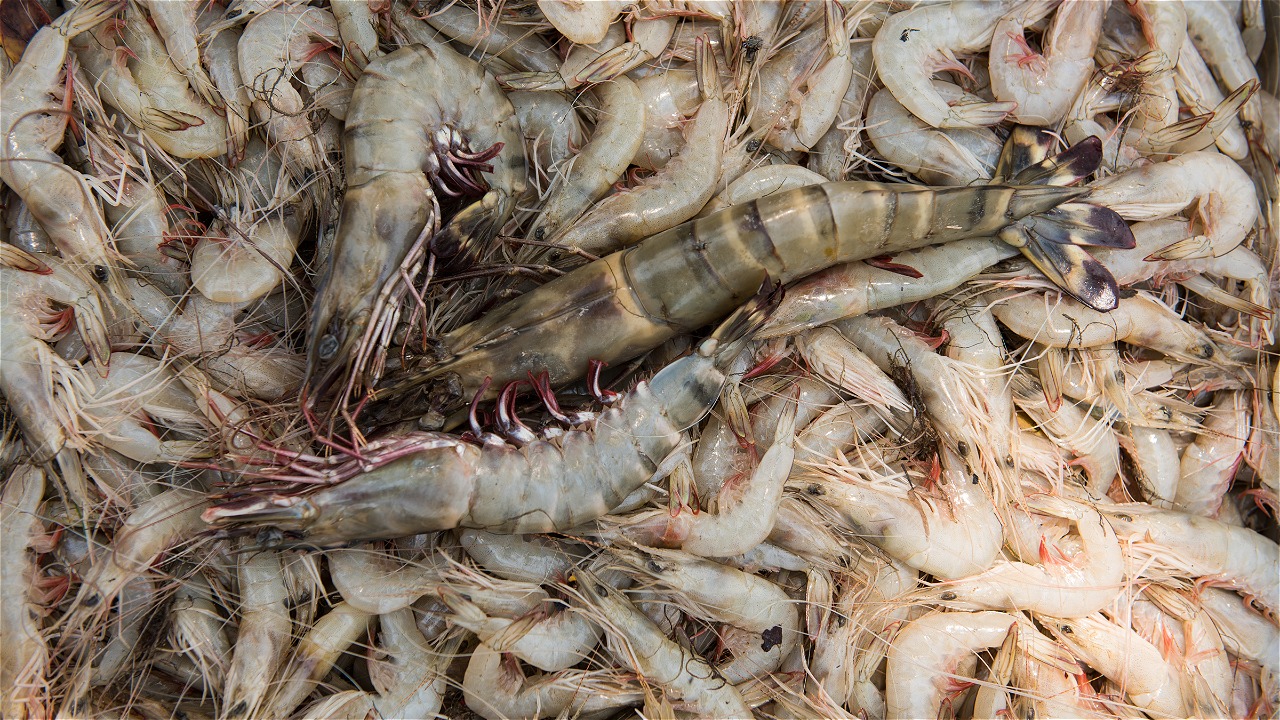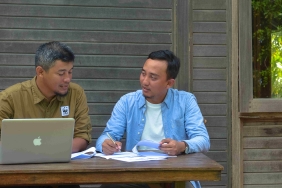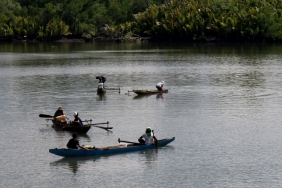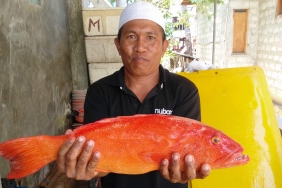SHAD CONDUCTED ITS FIRST PUBLIC CONSULTATION
By: Masayu Yulien Vinanda
Shrimp Aquaculture Dialogue (ShAD) conducted its first of two public consultation periods in Gran Melia Hotel for two days, starting from Tuesday (09/03) to Wednesday (10/03). The draft standards to minimize the negative impact shrimp aquaculture can have on the environment and social sector were socialized to gain inputs from a broad and diverse group of people which will be used to improve the final document.
This activity involved many shrimp aquaculture stakeholders. The government, shrimp aquaculture producers, farm workers, shrimp marketing actors, buyers, NGOs, scientists, and the communities from several countries such as Indonesia, USA, Netehrland, Thailand, UK, India, Vietnam, Canada, and China joined the roundtables discussing the shrimp draft standards. The transparent, open, and inclusive process differs ShAD from the other similiar dialogue. Public are involved in the process of formulating the global shrimp standards which will become the final output of this international-scale forum.
The Dialogue's Global Steering Committee (GSC) had officially opended the first public comment period since 1st March. Feedback received during the 60-day public comment periods will be used by GSC to revise the draft standards before they are posted again for tha last comment period. Beside inviting stakeholders participating in the roundtable, GSC also invites public to review the standards and send inputs via ShAD website by 30 April.
“One of the problems behind this shrimp aquaculture is there was no discussion or forum involving various stakeholders. The previous dialogue ever conducted involved only private sectors and the government. What we want is to involve more and more stakeholders and public in this process. The more people involved the better the standards will be. So they can offer a progressive definition of responsible shrimp aquaculture,” member of GSC Leo van Mulekom said.
Leo also added, after the 60-day public comment ended, his team will sort all comments and responses recieved according to key issues, themes and frequency. Those public comments then will become GSC’s guidance to revise and improve the shrimp draft. Before they are posted again, the next public comment period will be conducted to give last chance for the public giving their inputs. Final shrimp standards are expected by the the end of this year.
WWF-Indonesia as the facilitator of the dialogue showed its commitment to supporting the process towards sustainable shrimp aquaculture. “As on of the ShAD initiators, WWF will be definately involved in this initiative towards Aquaculture Stewardship Council. While WWF-Indonesia itself, we will also give total assistance through this process since Indonesia is the 3rd farmed shrimp producer in the world. The majority of farmed shrimp is imported to the United States and European Union. So, It’s about time for us (Indonesia) to produce shrimps that meet the environmental and social standards,” WWF-Indonesia Aquaculture Programme Coordinator Cut Desyana said.
Furthermore, Cut said, hosting the ShAD meeting will enable Indonesian stakeholders giving direct inputs as well as reveiwing the draft of the shrimp standards. The final standards are expected to help many stakeholders measure the negative impacts of shrimp aquaculture on the environment, farm workers and communities near aquaculture farms.




